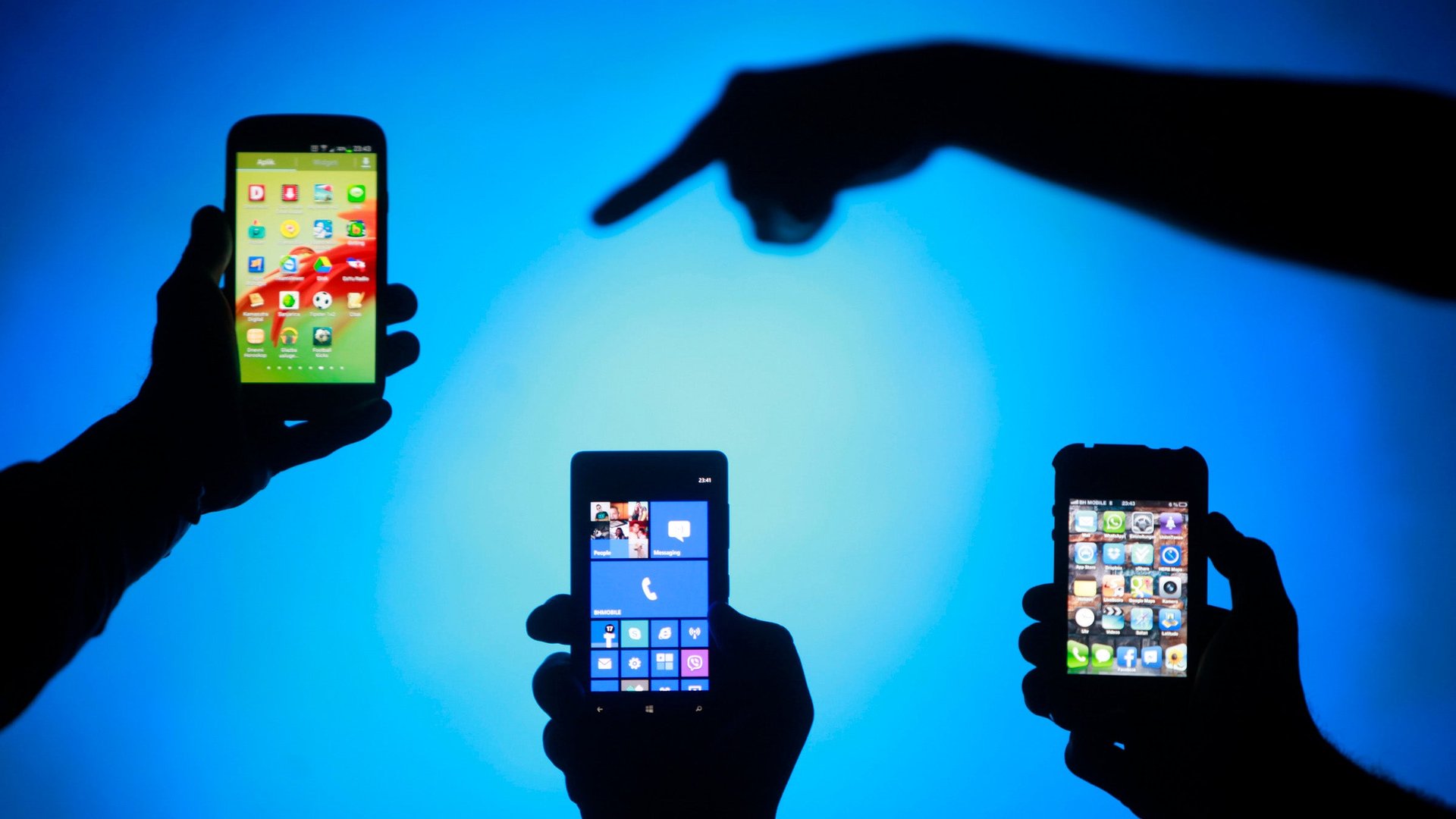Will the Two Bells be allowed to dominate next year’s massive wireless auction?
Some time early next year, the US government will enact a novel switch, paying TV broadcasters for unused portions of their wireless spectrum, then selling the spectrum on to mobile carriers. That’s when the fun starts—and it may end up pitting the need to create more room for mobile data against the government’s desire to maintain a level playing field.


Some time early next year, the US government will enact a novel switch, paying TV broadcasters for unused portions of their wireless spectrum, then selling the spectrum on to mobile carriers. That’s when the fun starts—and it may end up pitting the need to create more room for mobile data against the government’s desire to maintain a level playing field.
The US Department of Justice’s anti-trust division—and the two smaller US wireless carriers, Sprint and T-Mobile—fear that a open auction will give too much market advantage to Verizon and AT&T, the two corporate heirs of the original Ma Bell, which have 66% of US wireless subscribers between them. So the DOJ wants the Federal Communications Commission to design the auction to cap how much spectrum they can buy.
The counterargument from Verizon and AT&T is that limiting their participation in the auction would reduce the total value of the auctions—the proceeds from which will pay the television firms for their former spectrum, set up a nation-wide communications network for first-responders, and reduce the federal budget deficit by $13 billion over the next decade.
That’s barely a drop in the bucket for the deficit, which stands at $650 billion per year (and shrinking). But in the worst-case scenario, the telecom bids would be lowered so much that they wouldn’t meet the price set by the television companies, and no new spectrum would be freed up at all.
AT&T hired the economic consultants Compass Lexecon to model what might happen if the two biggest purchasers reduced their bidding budget because of caps on their access to spectrum. According to the carrier’s new regulatory filing, the most modest scenario forecasts a loss of $6.7 billion in revenue that additional bids from smaller companies wouldn’t make up.
The question of how to treat the auction revolves around the importance of the spectrum in question, the 600 megahertz band. The DOJ and the smaller carriers say that low-frequency spectrum, below 1000 megahertz, is particularly valuable because of how well it carries data. The two larger carriers already own about 80% of the low-frequency spectrum, which has the smaller carriers fearful they will outbid them for the purpose of foreclosing on future competition—an outcome that would deprive consumers of beneficial competition.
Of course Sprint, recently acquired by Japan’s Softbank, and T-Mobile, which recently purchased MetroPCS and is owned by Deutsche Telekom, aren’t exactly lightweights. Sprint actually owns the rights to more wireless spectrum than any other carrier, but its invisible real estate is mostly in a bad neighborhood—the less valuable, high-frequency part of the spectrum. Per the four companies’ own quarterly reports, Verizon has the most valuable spectrum, followed by AT&T, Sprint and T-Mobile.
Tom Wheeler was confirmed by Congress this week as the new FCC chairman—the agency hasn’t been able to operate for about six months because it lacked a quorum—and industry sources expect the agency under his tenure to walk a fine line between anti-trust commitments and the fears of the largest carriers as they prepare the unprecedented sale.
“All the participants in the auction, including the broadcasters, will agree with this: The reverse auction and the forward auction is something we haven’t done before,” one industry source told Quartz. “We don’t know how many broadcasters are going to participate or how much spectrum is going to be available. It’s hard to know how this is going to work.”